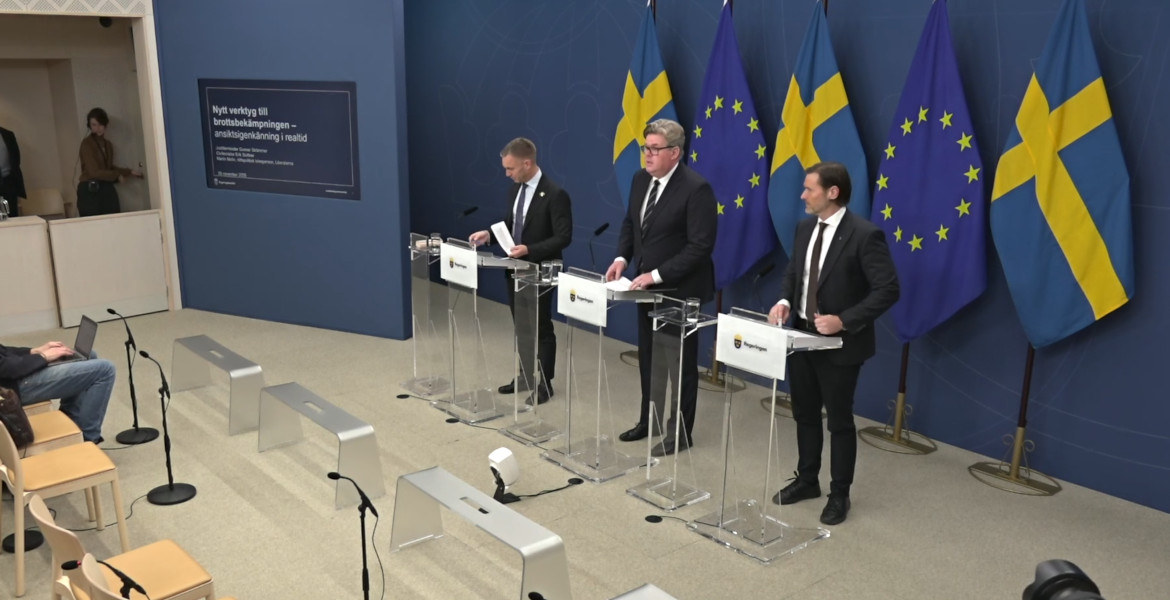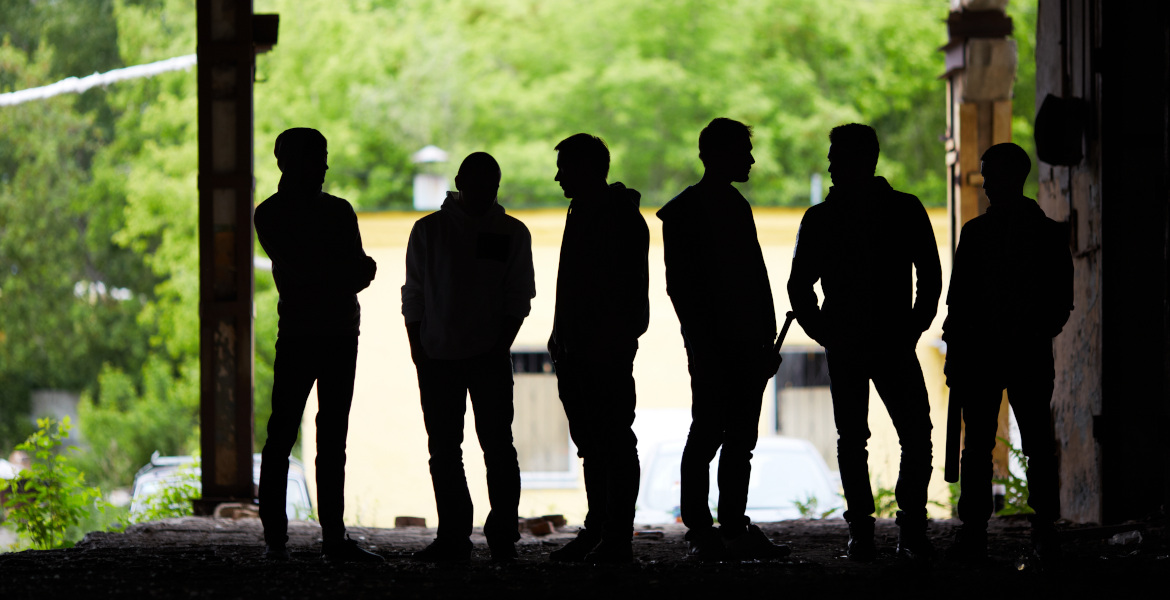Rasmus Paludan, the Danish-Swedish critic of Islam, has been refused permission to hold demonstrations in the form of Koran burning in Sweden on a number of occasions, including on May Day last year. Now it turns out that the police have circumvented the law to prevent Paludan from obtaining a permit to demonstrate. The reason is pressure from both politicians and Muslim groups.
Several of Rasmus Paludan's applications for demonstration permits in Sweden have been denied by the police. However, the politician has appealed the Swedish police's decision several times to the administrative court, but has still not been allowed to carry out his demonstrations with Koran burning in a number of cases.
It now appears that the police have bent the law to prevent critics of Islam from demonstrating, police sources told the Bonnier newspaper DN.
In ten different rulings from five administrative courts, it has been established that the police decision to deny Paludan's demonstration permit was wrong, but despite this, the police still denied the permit.
- The court said that Paludan is calm, does not throw stones, but that it is violent outsiders who do so. Therefore, the police can't refuse on those grounds, yet Paludan was still refused, says Åsa Erlandsson, who reported for DN, to SR.
The so-called Easter riots in 2022 in several Swedish cities are among the most violent ever seen in Sweden and Paludan has been heavily criticized for deliberately provoking the violence, something he denies. However, he believes that his points and arguments are strengthened "for what is happening in Sweden", something the Danish-Swede has previously said in an interview with TV4.
The reason why the police denied the permit against the will of the administrative court is because of pressure from politicians and Muslim groups. Erlandsson says that it was initially the former Social Democratic government that put pressure on the highest police leadership regarding the continued Koran burning during May 1 last year.
- There was a national direction from the police that Paludan would not be allowed anywhere until the second of May. Quite simply, a nation-wide Paludan ban, says the journalist.
When Turkey stopped Sweden from joining NATO, one of the requirements was, and still is, a complete ban on Koran burning. With that came pressure from the new government for the police to stop the Islam critic's demonstration permit.
- It is precisely in situations like this, when pressure is high and political winds are blowing, that we should stick to the law. But we didn't, says one of DN's sources.
Both the previous and current governments have denied putting pressure on the government authority and that the police themselves acted completely independently. Meanwhile, national police chief Anders Thornberg has chosen not to comment on the information. However, the National Police Commissioner has now been summoned to an extraordinary meeting of the Police Transparency Council, which he chairs with representatives of all parliamentary parties.
- We have to get to the bottom of this, says Rasmus Ling (MP), a member of the justice committee and the police transparency council, to DN. We need to ask questions about the granting of permits in general and whether he has felt political pressure. If he does not want to answer questions from DN, I think he should do so in the forum for public transparency in the police.





